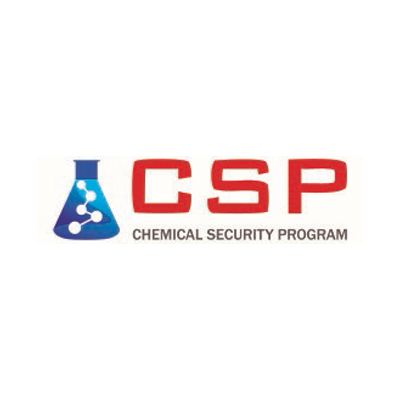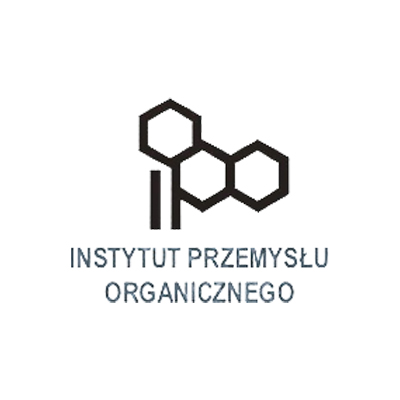Training Program on Building a Chemical Security Culture for Yemen, Indonesia, Philippines
Project Background
ICCSS has entered into cooperation with US State Department CSP program to support reduction of global chemical threats by strengthening the ability of partner governments to prevent, detect, and disrupt the misuse of chemicals and promoting international chemical security best practices.
What was Training Program on Building a Chemical Security Culture?
The program and implemented trainings aimed at building awareness among government, industry and academia entities about chemical threats and mechanisms for recognizing and reporting on suspicious chemical incidents. The program facilitated cooperation with international authorities to develop chemical security culture.
The training has been conducted in a unique way. A methodology of the training was an exchange of views and discussions with the participants. The trainers and the presenters included the highly competent representatives of government, chemical industry, science, academia and civil society, engaged in the implementation of policies in the areas of chemical safety and security.
What is Training Program on Building a Chemical Security Culture content?
The conducted trainings included visit and trainings at the chemical plants, Comprehensive Chemical Security Workshop for Industry and/or Academia, and lessons learned meetings. The training consisted of two parts: policymaking and educational. During the policymaking part the Trainees and ICCSS Staff conducted several sessions, meetings and discussions dedicated to assess the situation and needs in respective countries: Yemen, Philippines ad Indonesia. During the educational part, the Trainers participated in a series of lectures, demonstrations and exercises. The training curriculum contained some background lectures about safety: safety of chemicals chemical accidents prevention rules.
Why it was needed?
A leading barrier in introducing nationally and regionally, in South East Asia and in the Middle East, chemical security has been a low level of implementation of the existing provisions and procedures in the areas of reducing chemical threats, including relevant treaties and arrangements.. Lack of technical standards and dispersion of competences and training facilities among different agencies, significantly reduces chances to implement the relevant standards nationally. The training program addressed directly these barriers and to proposed concrete measures to overcome them. The trainings were conducted in the train the trainers format to enable the participants to share with their gathered experience and knowledge within the relevant agencies.
An issue that became evident during the training activities was the need to include small and medium companies as well as the first responders and the crisis management experts in the development of the sustainable training systems to enhance national chemical safety and security level.
Training Objectives
• Demonstrate in practice the differences between chemical security and chemical safety
• Discuss the opportunities for development of the chemical safety and security programme in Yemen
• Train how to promote chemical security awareness
• Promote chemicals legislation and industry compliance standards (Reach and Responsible Care)
• Observe best practices in chemical plants and transportation of chemicals
• Analyse best security practices such as chemical inventory management
• Develop a sustainable partnerships.
Outcomes
The training broadened the knowledge and the practical experience of the participants on chemical safety and security through a series of lectures, meetings and practical presentations.
The trainees received a holistic overview of the topic on safe and secure management of chemicals. At the same time a number of gaps in national chemical activities have been identified and addressed. They included:
1. Lack of comprehensive programme for infrastructure protection.
2. Weakness of the central administration to monitor and control the movement of chemicals;
3. Lack of the legal, administrative and technical tools to introduce chemical safety and security
4. A lack of synergies between the national approaches with the existing international regulations and capacities in the areas of chemical in Yemen and the sub-region.
Project Partners









